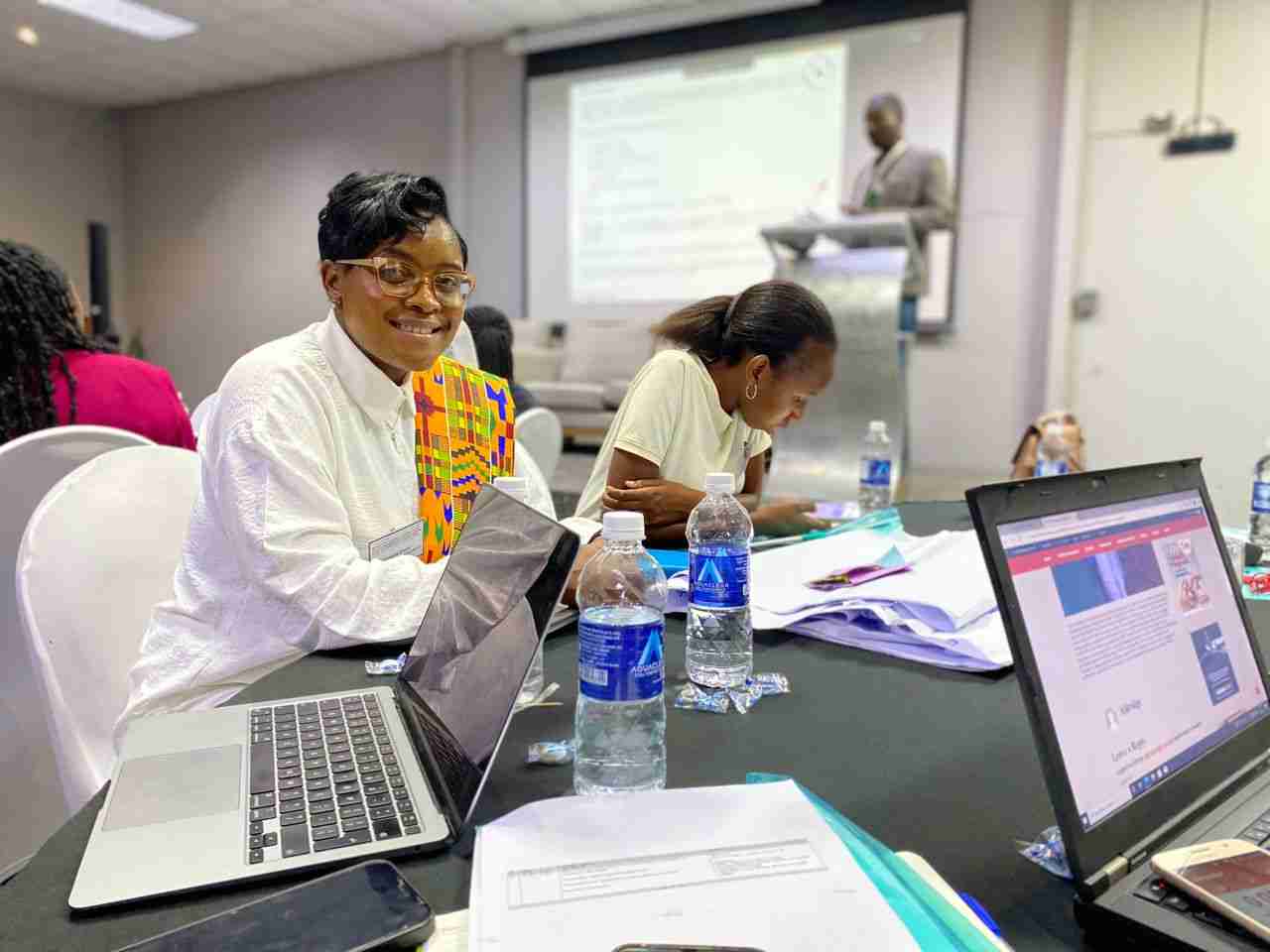In realizing Agenda 2063 Aspiration 1 of a prosperous Africa based on inclusive growth and sustainable development, it is important to address issues of youth unemployment factoring in Artificial Intelligence in the future of work initiative.
These were the sentiments of Emelda Vhiriri, the Southern Africa Youth Forum (SAYoF) Country Director for Zimbabwe during the Southern African Development Community (SADC)’s Regional Indicative Strategic Development Plan 2020-2030 (RISDP) that took place at elegant Cresta Lodge in Harare today.
“In realizing Agenda 2063 Aspiration 1 of A prosperous Africa Based on inclusive growth and sustainable development, it is important to address issues of youth unemployment factoring in Artificial Intelligence in the future of work.
“Artificial intelligence (AI) plays a crucial role in the future of work initiative, transforming the way we work, and driving significant changes in the job market,” Vhiriri said.
She alluded to the important roles of AI which include but are not limited to automation, augmentation, innovation, upskilling, and reskilling, among others.
Viriri highlighted the transformative power of AI on education systems.
“It is important to review the education curriculum to incorporate aspects of digitalization. Integrating AI into education has great potential for improving student’s learning experiences and outcomes. There is a need to scale up AI literacy to prepare learners at all levels for future job markets.
AI encapsulates policy reform. It involves having policies that support young people in their businesses, and that guide proper use of the internet, also taking into consideration cyberprotection issues. On this issue, the policies need to take into consideration marginalized communities to ensure that there is provision of IT services for all, including internet access. In terms of policies, there is a need for financing models for start-ups. Procurement policies need to be biased towards the youth. We also require adequate fiscal policies for companies that wish to provide IT services, bearing in mind the need for a reduction of fiscal rates or other fiscal services related to the education sector,” Vhiriri added
Speaking on the same topic, Hon Daniel Haule from the SADC Youth Parliament, who hails from Tanzania, underscored the need for Youth Capacity Building and Skills Development initiatives for work and life.
“There is a noticeable mismatch between the skills of young people entering the workforce and the needs of employers. (For the world of work and also in terms of entrepreneurship). As AI continues to permeate various sectors, there is a growing need for young people to develop digital literacy and technical skills. This includes coding, data analysis, and understanding AI systems. Reskilling and Upskilling, Continuous learning, and the development of new skills will be crucial. Programs focused on reskilling and upskilling can help young people transition into emerging job roles created by AI advancements,” he said.






